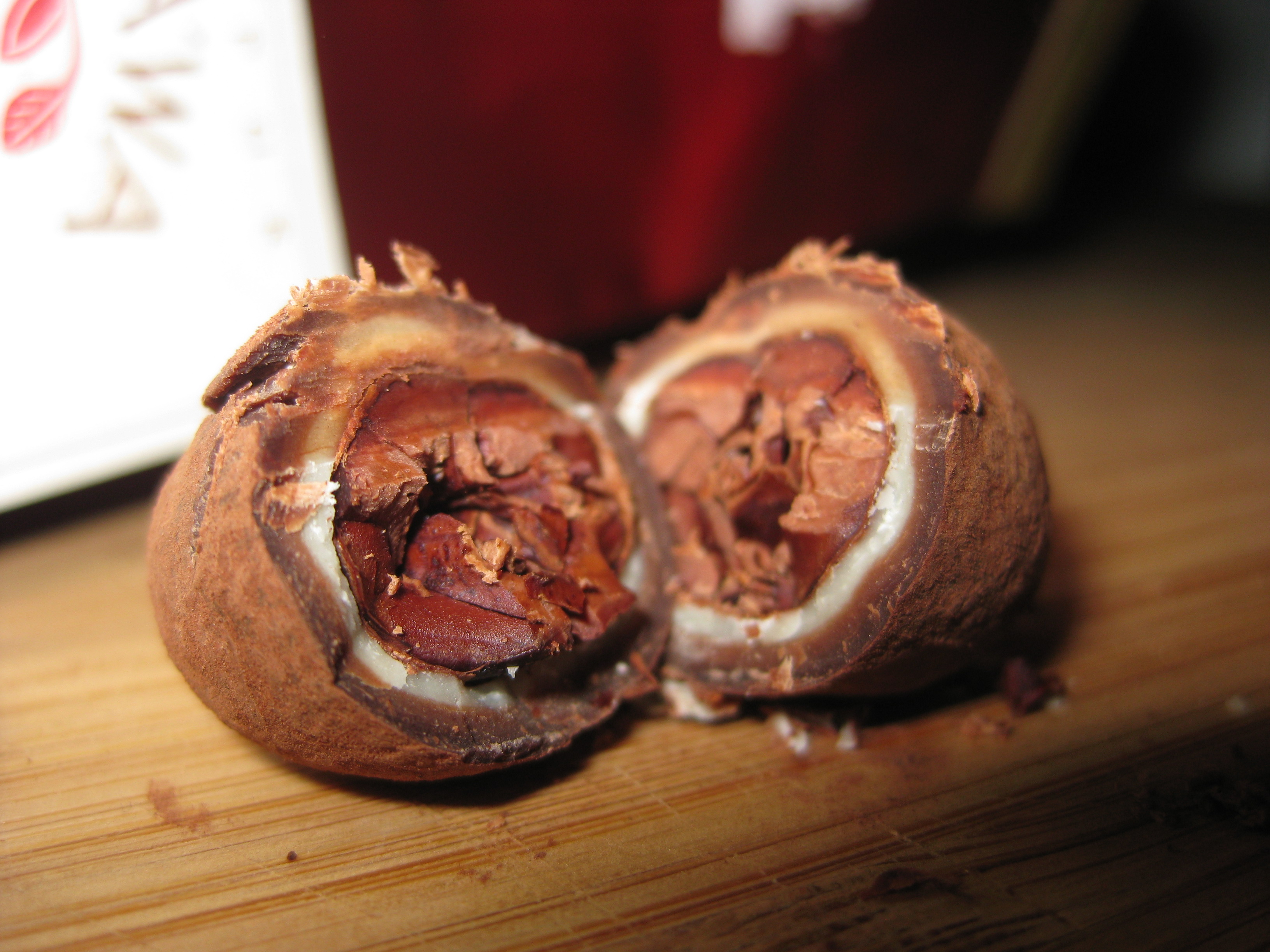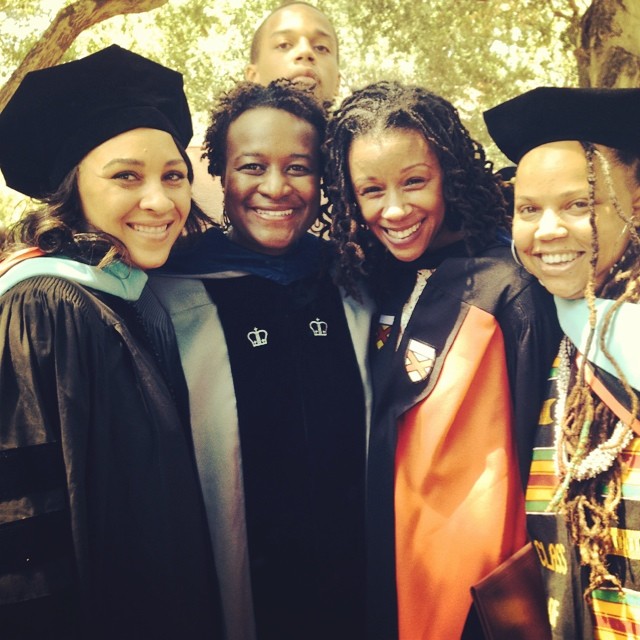My four year old is the only black girl – hell, person – in her preschool. Last year this wasn’t the case, as her brother was there with her. But this year she is all alone.
Last year, there were some problems with “mean girls” – yes, in preschool. They would exclude Little A, and if there is one thing Little A cannot stand is being excluded. Even when children tell her they won’t be her friend, she replies, “Well, we don’t have to be friends to play together.” Yeah.
So imagine how pissed I am that now children in the preschool are still excluding – but making it explicitly about skin color, eye shape, and hair texture.
What is the school doing about it? Well, first they discussed it with the kids, pointing out how the teachers (none of them black, but two white, one southeast Asian and another east Asian) are all different but they all like and love one another. Next they plan to consult with folks who have experience handling this in early education. They also talked to a few parents, three of whom have a child of color and the other a parent of a white child, because “those were the names that came up.”
Will there be a parent meeting about this? Well, yes, but no date has been set. And their next step today in this conversation? Talking about animals.
Animals.
This whole situation pisses. me. off.
One, this is not a new issue, so I’m quite annoyed at the school’s reactive posture. This should have been seen as a possible problem from what happened last year with exclusion, and me specifically bringing up the problem of race and racial differences. Why they are unprepared for this blows my mind.
Two, why only have conversations with the children most negatively affected – the conversations should really be with the parents of white children. They are the ones doing the excluding. They are the ones acting out racial prejudice.
Which leads me to my last issue – having the teachers address it in school is fine with me, but let’s please recognize that these children learned this behavior at home.
They learned racial prejudice and exclusion from watching their parents.
Young children emulate their parents. They think their parents are the best thing in the world. And in thinking so, they copy what they see their parents doing. I know, because my kids, at 5 and 4, are copying me all the time. My son wants to “wear pajamas like Mommy.” My daughter tries to match my clothes each day. They talk like me, use the same idioms as me.
And while being an overt racist will probably lead to racist kids, you don’t need to be a verbal racist to show racism in your life. You don’t need to say that black people are bad or Asian people are weird for your kids to learn racism. They learn it through the daily experiences of our lives, from what we watch on TV to the people they see on the street everyday. And most importantly – who you hang out with, who you invite over, who are obviously your friends send messages to kids about what you value as a family. For my kids, living in an area that is 2% black, we practically have no choice but to live truly multi-racial and multi-cultural lives. We have white friends who come over, who are obviously mommy and daddy’s friends. We have babysitters that are white. We have good friends of practically every race. And our kids know they are our friends because we talk about them, we hang out with them, they have a constant pressence in our lives. So our kids don’t get any idea about excluding children based on race or appearance.
For (some of) these white kids though, their lives are white. Their parents don’t have friends of other races – they don’t have to. Their kids witness their parents having mono-racial ideas of who is worth hanging out with and who is not. And while kids may not, at this age, put an inherent value on thing like skin color, hair type, and eye shape, they do recognize difference easily enough to see that the only place they interact with people not like them is in school. And they make an inference that if Mom and Dad don’t hang out with these people, then I shouldn’t either – for whatever reason.
This is a nasty lesson to start learning at 4 and 5. I’m determined, however, to make this a teaching moment for all involved, especially the white parents.








